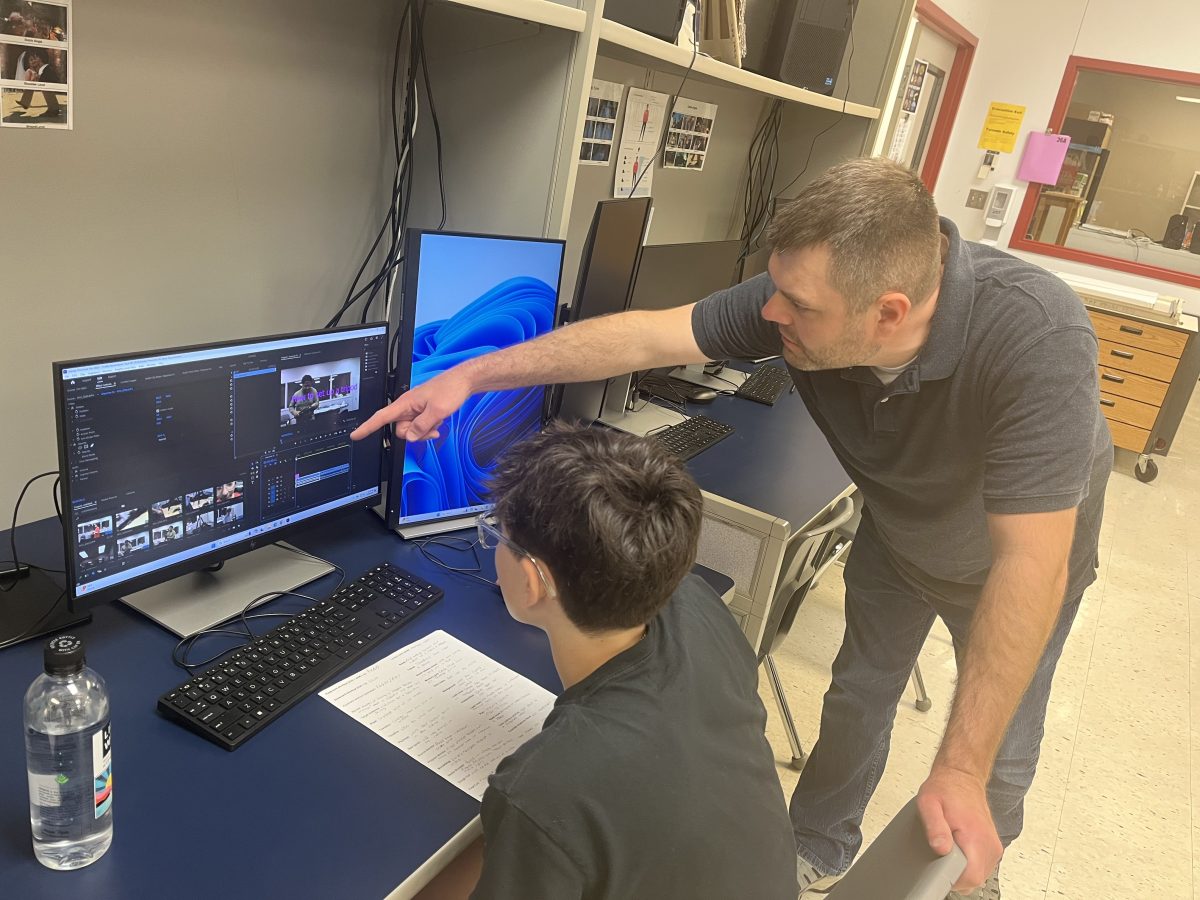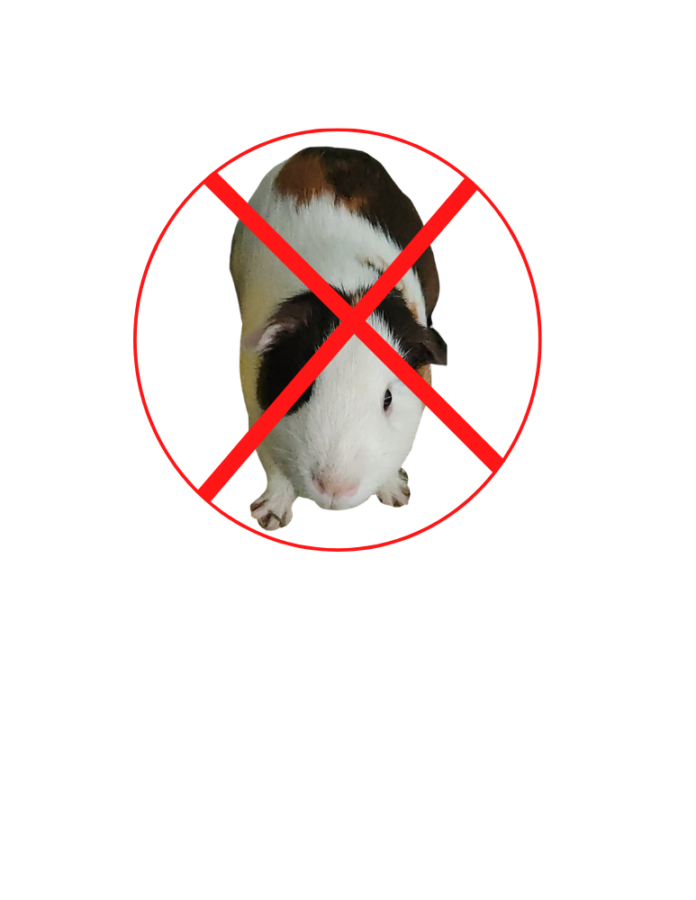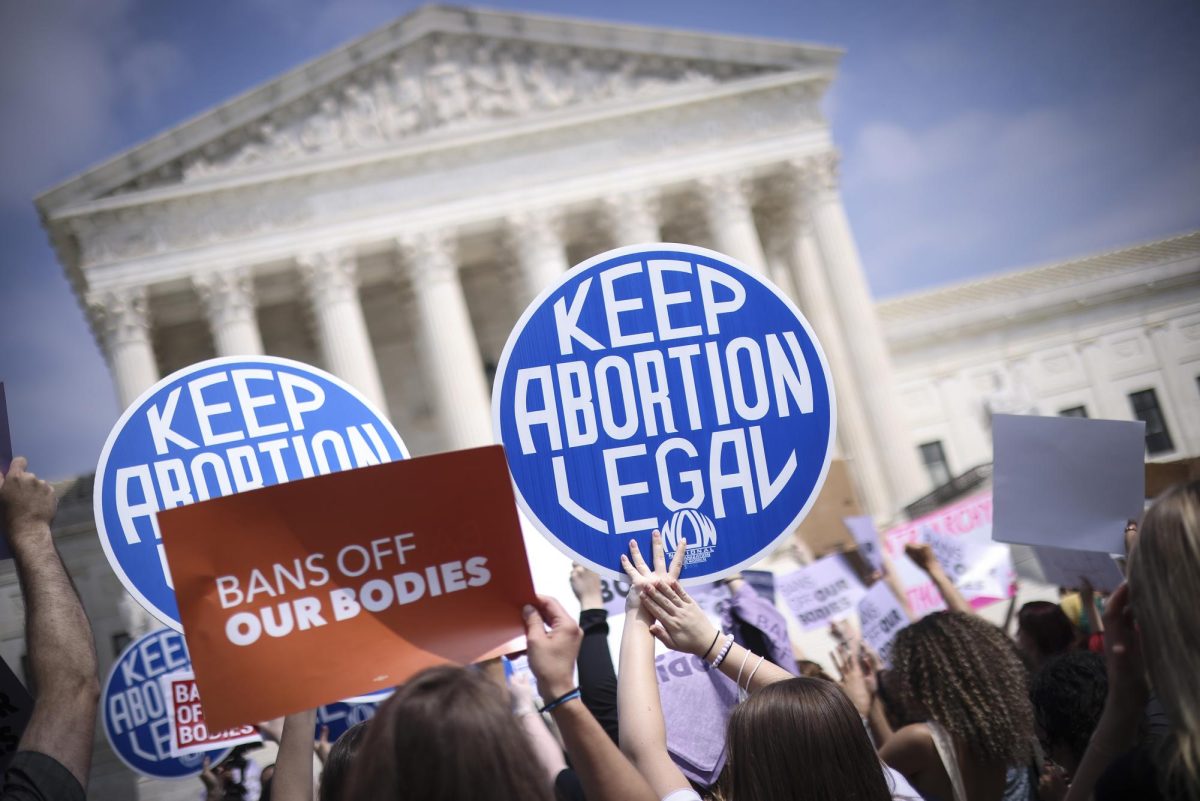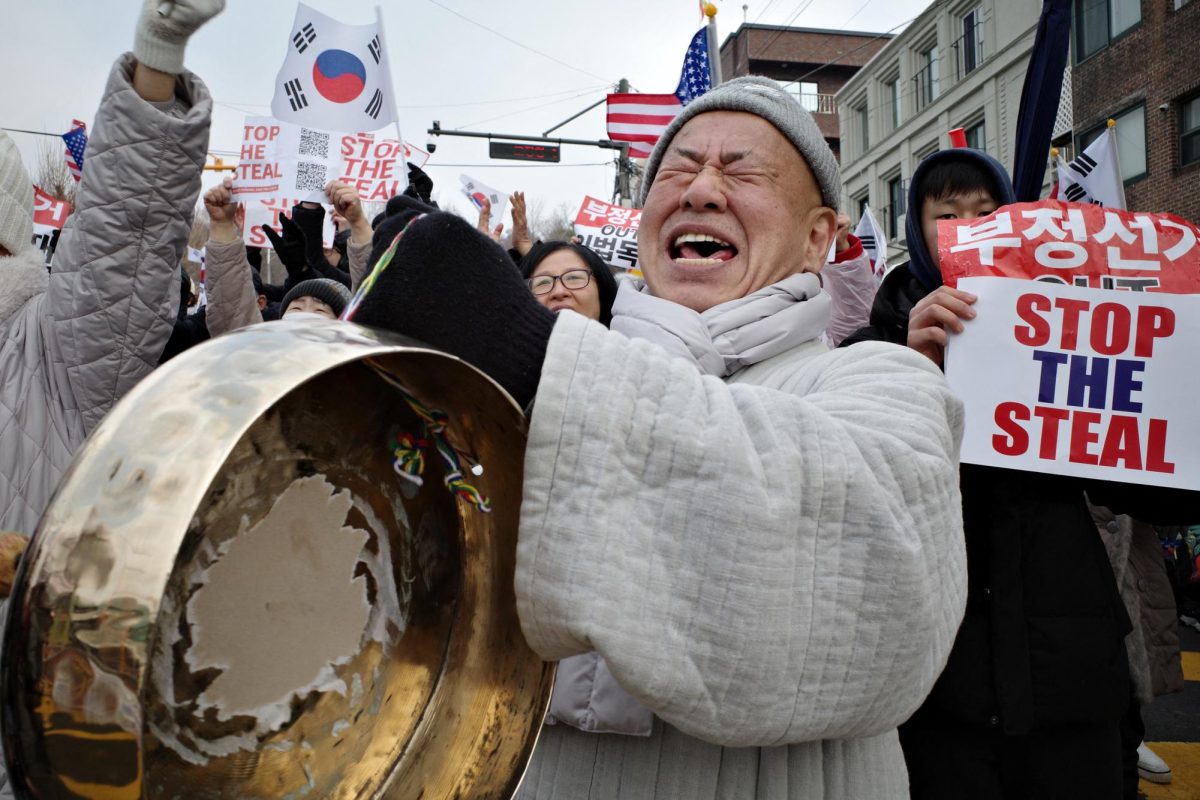On June 24, 2022, the Supreme Court overturned Roe v. Wade, which recognized that the decision to go through with or end a pregnancy was up to the individual and not the government. This decision led abortion laws to now be up to states, according to americanprogress.org. So, how has this decision affected people presently?
As of December 2023, there were 675 provisions proposed across different state governments that would restrict access to abortion care. Within those provisions, 80 were enacted and 13 were blocked, with four of the enacted ones adding exceptions to abortion bans, according to guttmacher.org.
Despite this, there are many states trying to improve access to abortion care by including it in reproductive healthcare, with 754 provisions introduced, 129 enacted and one blocked. 22 states have shield laws, which protect health care providers and patients from legal consequences for traveling out of state from the state that has banned abortion, according to guttmacher.org.
Total bans on abortion with limited exceptions, depending on the health and safety of the patient as some mothers or babies are not healthy enough to carry to term, which can potentially result in the death of the mother and/or baby without intervention have been enforced in 14 states. This means about 18 million women of reproductive age have no access to abortion care in their state. Anyone denied abortion care would have to make the struggle of traveling out of state, self-manage the abortion or carry the unwanted pregnancy–which can all be difficult and have consequences, according to guttmacher.org.
Alabama, Arizona, Idaho, Louisiana, Missouri, Texas and West Virginia impose criminal penalties on those who give or receive an abortion. These include a range of one to 20 years in jail, a fine of $1000-$100,000, civil penalties and a provider losing their license, according to americanprogress.org.

































